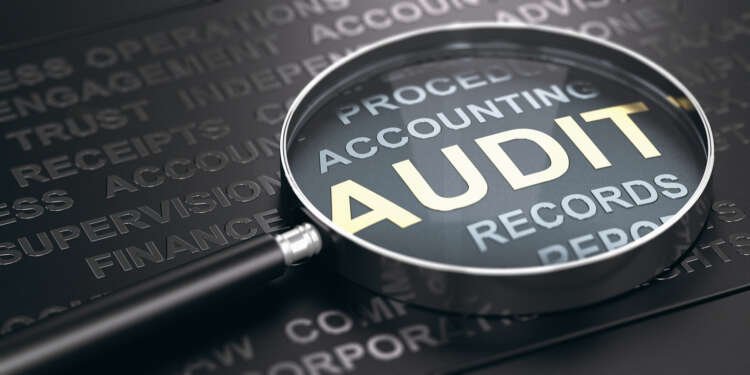Audit Reform: Why the finance industry must prepare now


By Jack Skov, Chief Financial Officer, Konsolidator
Following much speculation about whether or not the long-awaited audit reform bill would be included in the Government’s next legislative programme, a draft audit reform bill was finally included within supporting papers issued alongside the recent Queen’s speech. However, despite this, there continues to be uncertainty over the timing and details of the bill, and whether it is still likely to feature in the parliamentary sessions for 2022/23.
While we cannot control when or how the bill is finally put in place and actioned, there are some steps that audit and accounting firms can take to ensure they are one step ahead to circumvent any unnecessary mistakes and failures. The spate of accounting scandals at companies such as BHS, Carillion and Patisserie Valerie have highlighted how the audit industry could greatly improve on how it protects employees and investors from malfeasance. Whether or not firms agree with the introduction of a reform bill to reduce the likelihood of more situations like these, audit and accounting businesses have the power to improve processes and minimise risk themselves.
The industry needs to start self-regulating now
Auditors need to begin the process of ‘self-regulating’ now to ensure that audit firms are not caught by surprise if the reforms do come into place. One way that audit firms can self-regulate is by introducing more automated processes to increase accuracy and decrease the risk of mistakes and miscalculations.
In the accounting and audit industries, Excel remains a very popular programme to manage data due to being a well-known software and its widespread use across client’s businesses. However, no matter how careful or precise the user can be, there is always the risk of error or a miscalculation. One small slip in calculation can come at a huge cost for businesses – such as JPMorgan losing $9bn in 2013. Outside of the finance industry, Public Health England reportedly misplaced nearly 16,000 Covid test results during the peak of the pandemic, where thousands of potentially infectious people were not contacted to self-isolate to stop the spread of the virus due to over-reliance on Excel.
Automation as an alternative to Excel
For auditors and accounting firms, whose job solely focuses on ensuring that calculations are accurate and precise, one small error can have devastating consequences for a client and also has the potential to damage your credibility and reputation in the industry.
In the last few years, the industry has improved and we are increasingly seeing some automation in audit work. However, despite this, some complex tasks and processes are still being kept in archaic and error-prone systems like Excel. In order to ensure efficiency, these can be easily automated and standardised through technology, making a huge difference in terms of time-keeping. Moreover, as technology is difficult to trick, it creates less room for mistake, and more importantly, fraud.
By using technology that automates financial reporting and other financial processes, auditors can avoid the risk of errors and miscalculations. This kind of software can also provide a full audit trail, tracking the source of each financial figure. These systems guarantee reliability at every hurdle, and ensure compliance and confidence for employees and clients, especially those businesses which require robust finances so that they can efficiently set up for growth or investment.
With uncertainty over when audit reforms are set to be put in motion, it is crucial that auditors plan ahead, self-regulate and take control of minimising the risk of inaccuracies. Harnessing sophisticated technology can support auditors and accounting firms in ensuring that financial calculations are accurate and completely risk-free. Automation is set to become a gamechanger in the finance industry’s future. Technology is synonymous with efficiency, and can play an important role in creating lean and efficient processes.
Effective management of finances via automated technology software may well be an effective solution in helping to instil that much-needed confidence needed in the auditing and accounting industries.
About Author:
Jack Skov is the Chief Financial Officer at Konsolidator, with over 25 years’ experience as a former auditor, having previously worked at Deloitte.
Konsolidator is a cloud-based tool that automates and standardises financial consolidation and reporting processes.
Self-regulation in auditing involves audit firms implementing their own standards and practices to ensure compliance and enhance the quality of their services without external enforcement.
Automation in accounting refers to the use of technology to perform financial tasks such as data entry, calculations, and reporting, reducing the risk of human error and increasing efficiency.
An audit trail is a record that traces the detailed history of financial transactions, providing transparency and accountability for auditors and stakeholders.
Financial compliance refers to adhering to laws, regulations, and standards governing financial practices, ensuring that organizations operate within legal and ethical boundaries.
Explore more articles in the Finance category
